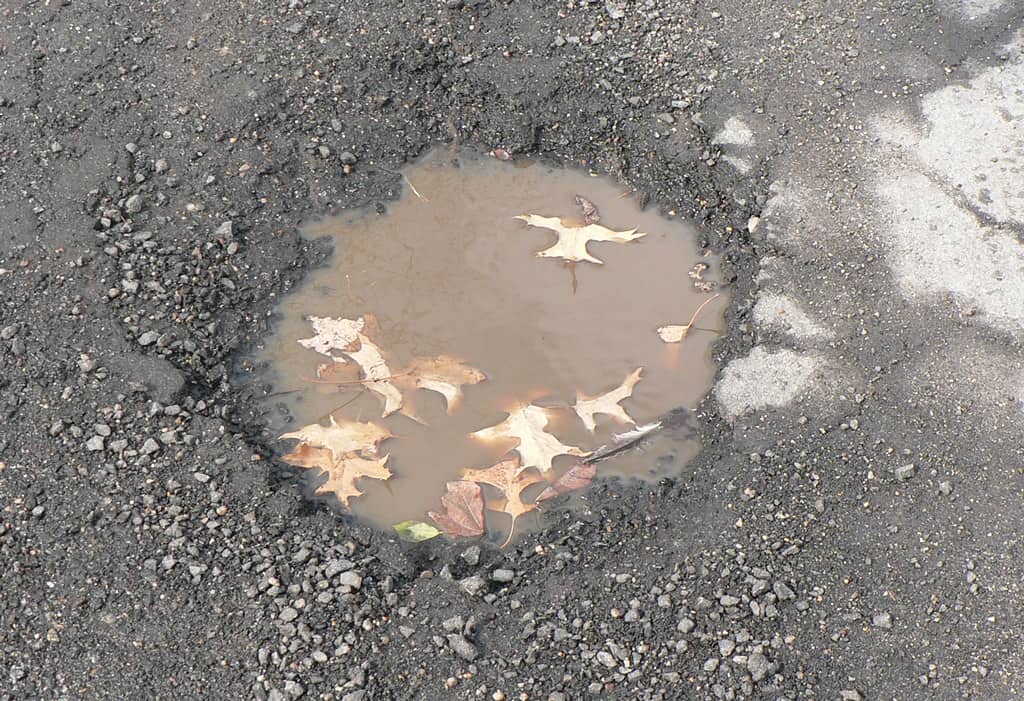
By Merisa Sherman
Anticipation coincides with the rumble of the engine, as you switch from the pavement onto one of Vermont’s gravel roads. It’s past foliage, so reddish-brown leaves line the sides of the road like a rural sidewalk. Or it’s late spring and the leaves are their brightest green, weighing down the branches as they bend over the road, blocking the sunlight. No matter the season, the grey of the gravel stands in stark contrast to the myriad of nature at its borders. From pavement to gravel, one feels as though they are leaving the modern world behind and driving into … the unknown.
Unlike pavement, there is a uniqueness to each dirt road. A personality that, like the humans that constructed it, changes with the seasons and even with a simple turn of the weather. A little rain and some runoff can make big changes, and the horrors of mud season can frighten away even the heartiest of Vermonters. Local residents learn the unique attributes of their road, know and understand its behaviors, its variances and, most importantly, its potholes.
Yes, those seemingly harmless little circles require some of the world’s greatest problem solving skills … or a very large budget.
When a climber looks up at a rock wall, she sees a problem. She steps back and studies the possible foot and hand placements, working out a solution before getting started. She might discuss with her belayer the texture of the rock or a large horizontal move mid climb to find a safer route. If it’s their first time on the route, most probably they might struggle, make a wrong decision and end up swinging from their rope in mid air, looking back on a particular hold to see where they went wrong. And try again.
A pothole problem is the same, only at 25 miles an hour and without all the prep work. You drive up to a corner, see a few holes and randomly swerve in different directions before you hear that first, excruciating crunch. Your whole body flinches as your car takes the beating, and you silently pray that it wasn’t your sway bar end link snapping in half. Or a ball joint. Or a wheel bearing. This summer’s lack of rain has made the potholes unforgiving and even the grader cannot break them apart. The gravel is pressed so tightly together it’s almost solid rock. It’s a brutal first attempt, but you’ll get it next time.
Or so you think. Every day during the long, dry summer, you sit up taller behind the steering wheel, endeavoring to get a better view to determine the varying depths of the potholes and the thickness between them. Like the climber, you are looking for a solution to your problem and a path through which to weave your left front tire while the right one skirts dangerous close to the drainage ditch off the side. One, two, three slight adjustments to the wheel and you have almost figured out the way to greatness when that one super evil pothole catches you again and the front end slams down. Again. And again.
When you have the isolated road to yourself, you might give up completely and drive into the oncoming lane, hoping to give your front end a break and see the pothole pattern from a different angle. You try different speeds each day, timing the spin of your tire to the distance between the potholes. Perhaps you even come to a full stop, just because you and your car have had it and need to take a deep breath before committing to the problem.
But then it happens. You solve the problem and fly over the potholes like a mountain biker through that rocky section on 7A, or the rock climber on Center Crack. Something finally clicks, you rocked the steering wheel at the right time, pressing the gas at the right speed with the right road conditions, Everything lined up so perfectly that you start thinking about buying a lottery ticket. It’s that kind of moment. This is now your road, your success story and you chuckle as you follow an unsuspecting stranger the next time through.
Suddenly, all doors seem open and the future seems bright. Your skill behind the wheel is confirmed and so is your Vermontiness. After an entire summer of great success and a polite lack of emergency mechanic visits, you might even consider writing about your newly achieved greatness for a column in the paper. And so, the day that you decide to photograph the potholes, you wake up to the eerie screeching of metal rubbing against rock. You sit, stunned at the irony, as you listen to the familiar sound of the road grader bringing death to your now beloved pothole obstacle course.
Farewell, my friend, and thanks for a great summer adventure. Till we meet again.



